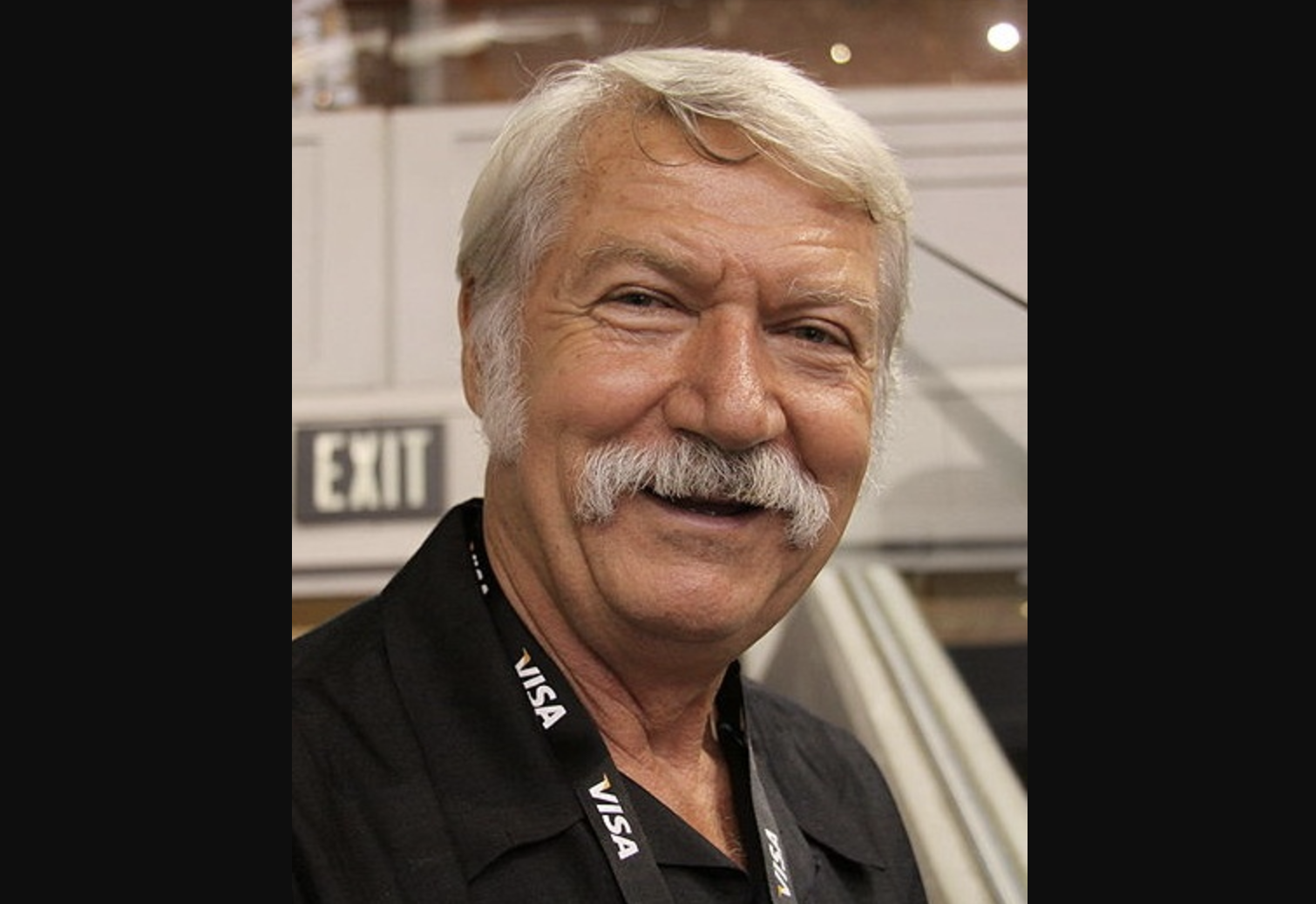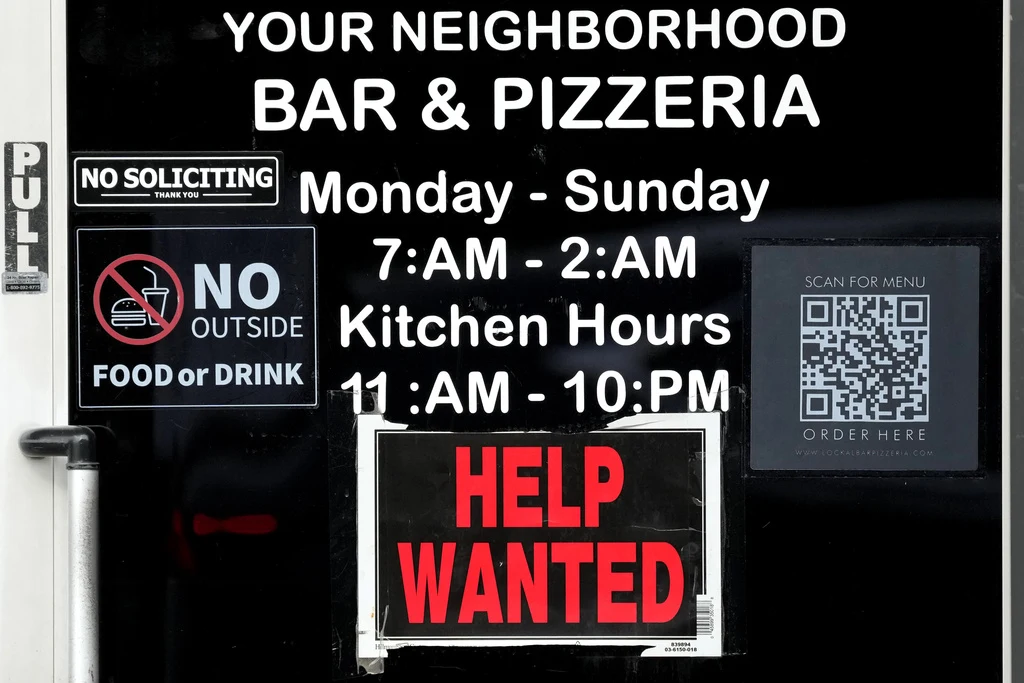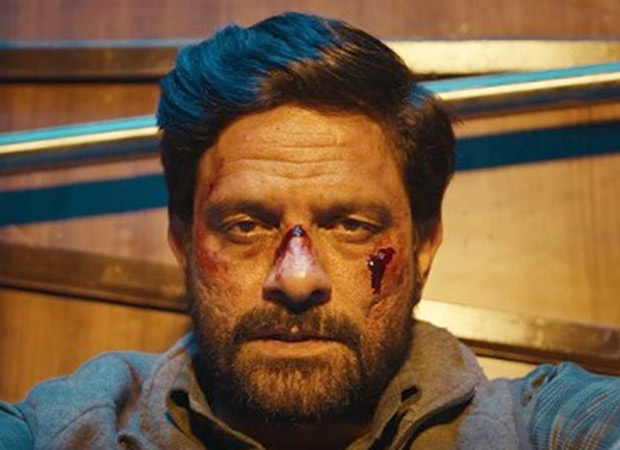Bela Karolyi, the famed yet polarising gymnastics coach who trained legends like Nadia Comaneci and Mary Lou Retton, has passed away at the age of 82 after a prolonged battle with Alzheimer’s disease. Renowned for his groundbreaking achievements in the sport, Karolyi’s legacy is also shadowed by numerous allegations of physical and emotional abuse spanning decades, as reported by USA Today.
Early Coaching Days in Romania
Born in Transylvania, Romania, Karolyi’s journey into gymnastics began humbly. Alongside his wife, Martha, he started coaching gymnastics as a way to keep warm during harsh winters while working as an elementary school teacher. By the 1970s, the couple had been appointed to oversee Romania’s national gymnastics team.
Karolyi rose to prominence during the 1976 Montreal Olympics, where 14-year-old Nadia Comaneci scored the first-ever perfect 10 in Olympic history. Comaneci went on to win three gold medals under Karolyi’s guidance, and the Romanian team secured a silver medal. This unprecedented success revolutionised gymnastics, as it shifted the focus to younger athletes. However, behind the triumphs, allegations of harsh training practices began to surface. According to Romanian author Stejarel Olaru’s book, Nadia si Securitatea, gymnasts were reportedly starved, slapped, and denied medical care. “Starving the gymnasts was a regular practice by the Karolyis,” Olaru wrote, as cited by The New York Post.
Defection to the United States
In 1981, during a gymnastics tour in the United States, Bela and Martha Karolyi defected, leaving their young daughter behind in Romania. Arriving in America with little more than their coaching skills, the couple quickly established themselves in the U.S. gymnastics community. Within a few years, they had achieved unprecedented success.
Bela coached Mary Lou Retton to an all-around gold medal at the 1984 Los Angeles Olympics, making her the first American woman to achieve this feat. Retton later credited Karolyi’s strict methods with preparing her for the global stage. “Bela’s intensity was unmatched. He made us believe we could conquer anything,” Retton once said.
Rise to Fame and Controversy
Throughout the 1980s and early 1990s, Karolyi’s influence on gymnastics continued to grow. His gymnasts won every U.S. all-around title between 1987 and 1992. However, accusations of abuse followed him to the United States. Gymnasts recalled an environment of fear and intimidation, with Karolyi allegedly berating athletes, denying them food, and pushing them beyond their physical limits. Dominique Moceanu, a member of the 1996 Olympic gold-medal-winning team, described her time under Karolyi as “harrowing,” though she acknowledged that his methods taught her resilience.
As the head coach of the U.S. national team, Karolyi oversaw the historic victory at the 1996 Atlanta Olympics, where Kerri Strug famously performed a vault on an injured ankle to secure the team gold. Karolyi carried her to the medal podium, an act that has since been criticised as exploitative.
Allegations Resurface Amid Nassar Scandal
The Karolyis’ reputation suffered a significant blow during the Larry Nassar sexual abuse scandal. Some of Nassar’s crimes were committed at the Karolyi Ranch, the national training centre owned by Bela and Martha. Gymnasts accused the couple of creating a toxic environment that enabled abuse. The Karolyis denied any knowledge of Nassar’s actions but faced lawsuits alleging they ignored complaints from athletes, according to The Hill.
Stejarel Olaru’s book reignited scrutiny of the couple’s coaching practices, citing testimonies from former gymnasts who described being so hungry they resorted to eating toothpaste or drinking water from toilet tanks. Karolyi, however, remained unapologetic, stating, “My gymnasts are the best-prepared in the world. And they win. That’s all that counts.”
Decline and Final Years
After retiring from coaching, Karolyi largely disappeared from public life, especially as the Nassar scandal intensified. He spent his final years battling Alzheimer’s disease. His death was confirmed by Nadia Comaneci, who paid tribute on social media: “A big impact and influence in my life. RIP Bela Karolyi,” she wrote, sharing photos of their time together.
Other gymnasts offered mixed reflections on his legacy. Moceanu acknowledged his influence but emphasised the need for a shift in the sport: “As we bid farewell to Bela, I choose to honour the lessons learned while striving to create a better world for future gymnasts,” she wrote.







